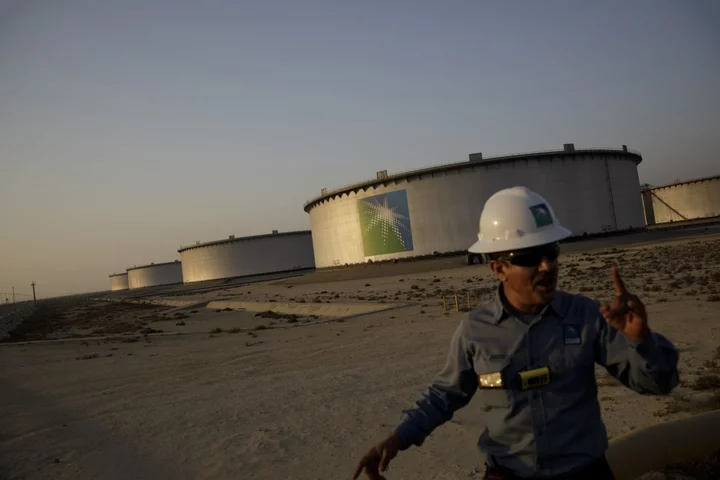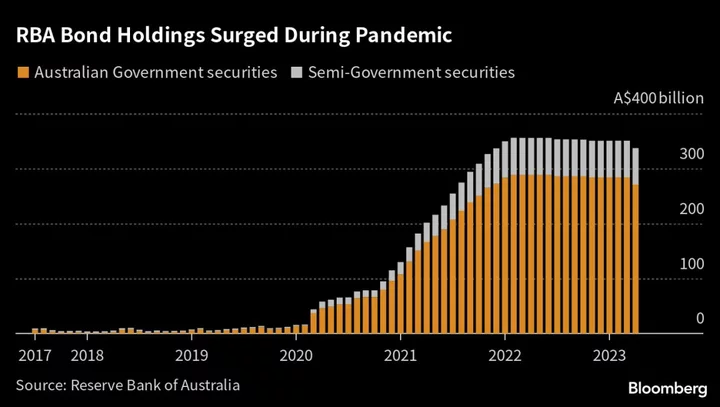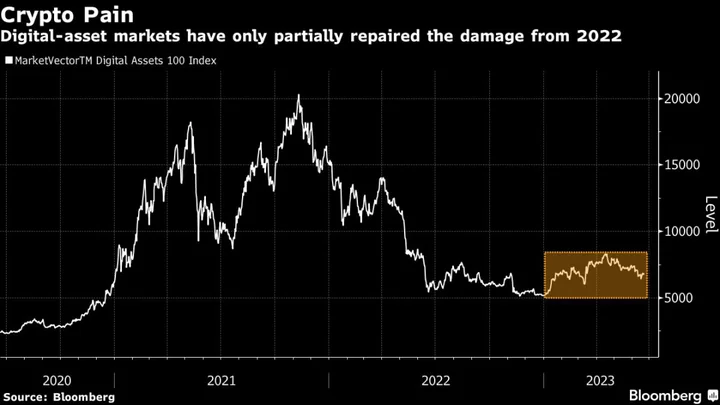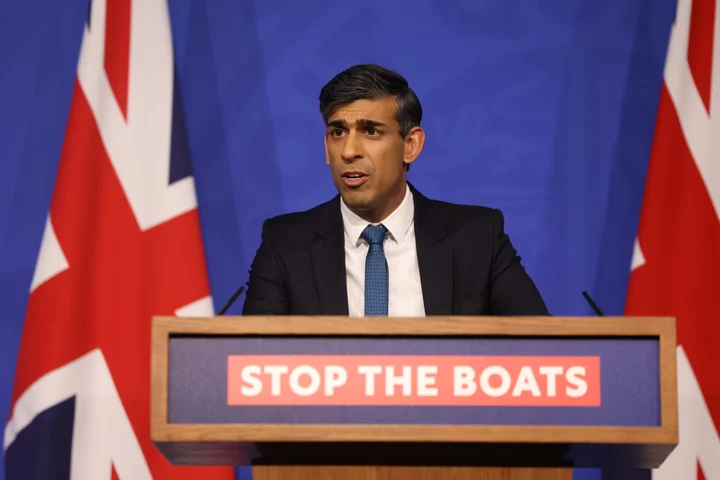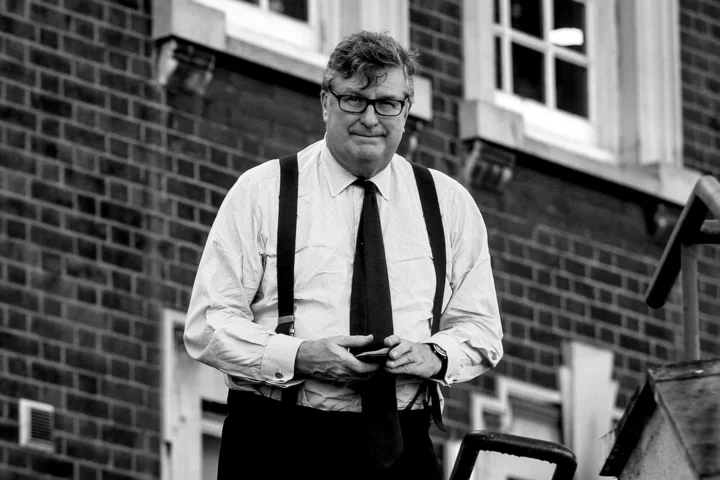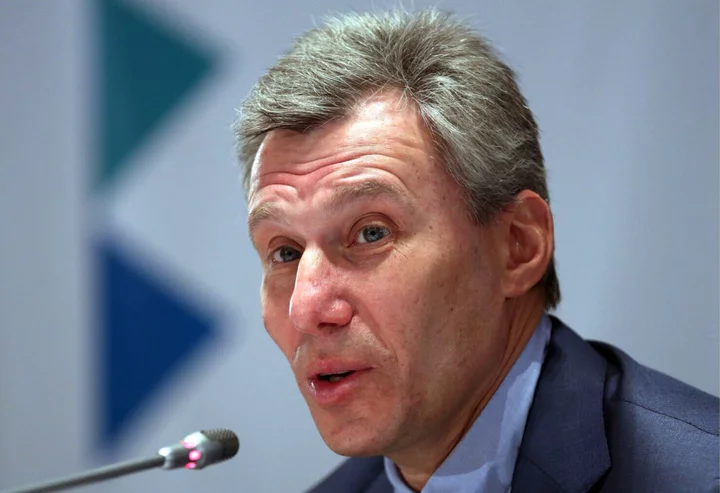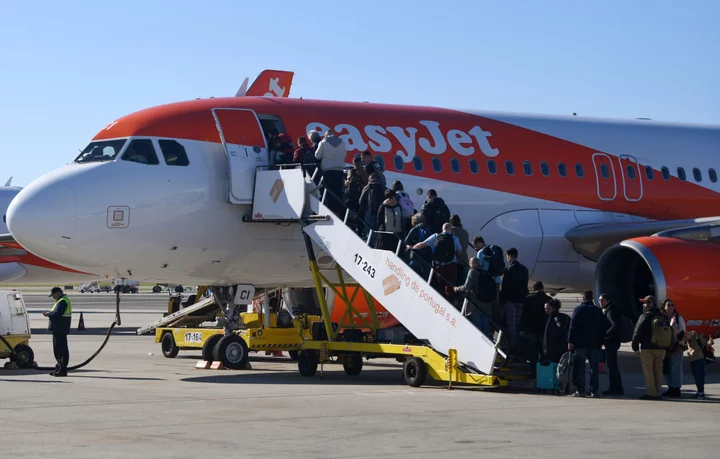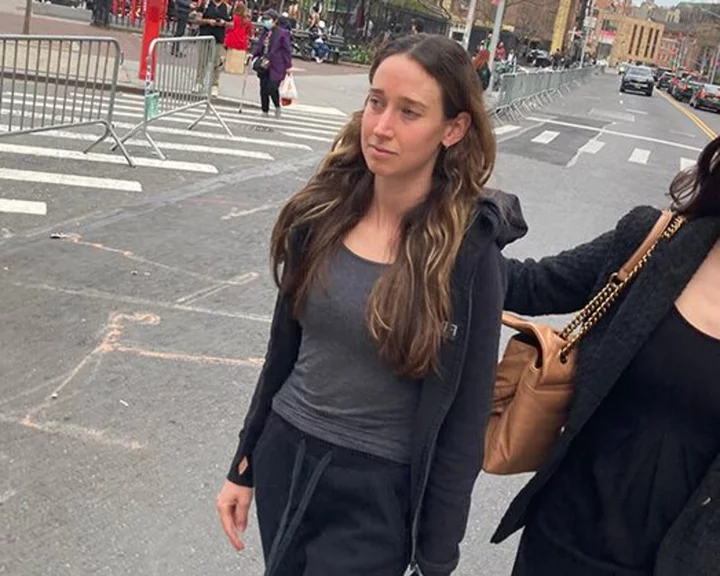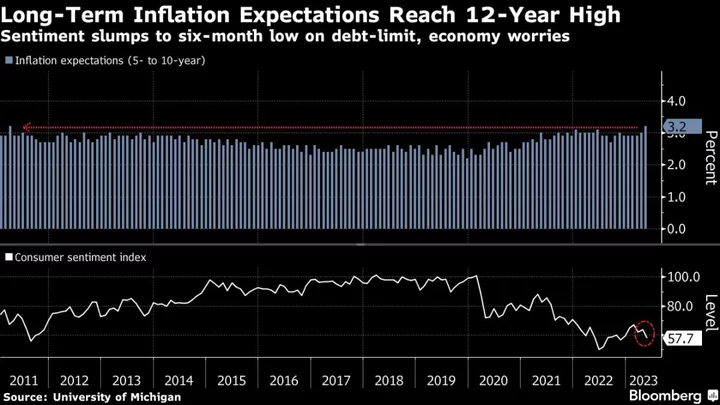Saudi Arabia raised nearly all oil prices for September to Asia and Europe as supply restrictions and rising demand tightens the crude market.
State-owned Saudi Aramco raised the price for Arab Light crude for sale to Asia by 30 cents to $3.50 a barrel above the benchmark, according to a price list seen by Bloomberg. The producer was expected to raise pricing by 50 cents a barrel, according to the median of a survey of refiners and traders.
The move comes after the kingdom, the world’s biggest oil exporter, extended a unilateral supply cut into September and said it could be prolonged further or even deepened. Russia also pledged to reduce its exports. Oil posted a sixth straight weekly gain, the longest winning streak in more than a year, after the OPEC+ heavyweights extended the cuts and US stockpiles sank by a record.
The unilateral cuts come on top of output quotas already in place across the broader OPEC+ group which is keeping those reductions in place for the rest of the year. The global economic outlook is clouded by lackluster data from China and fears of recession in the US. Besides, Riyadh may need prices of as much as $100 a barrel to cover government spending, according to Bloomberg Economics.
The Saudi cuts have taken production to the lowest level in years to bolster the market and counter this year’s slide in crude prices. Saudi Energy Minister Prince Abdulaziz bin Salman is reviewing the voluntary cuts on a monthly basis, keeping markets guessing about supply levels.
Nearly all official selling prices to the Mediterranean and Northwest Europe were higher for September. Arab Light crude in the Mediterranean was raised by $1 to $4.50 a barrel more than ICE Brent, while the price for the same grade to Northwest Europe was raised by $2 to a premium of $5.80 to the benchmark.
Aramco kept all the prices to the US unchanged for September.
Aramco sells about 60% of its crude shipments to Asia, most of them under long-term contracts, pricing for which is reviewed each month. China, Japan, South Korea and India are the biggest buyers.
--With assistance from Sheela Tobben.

